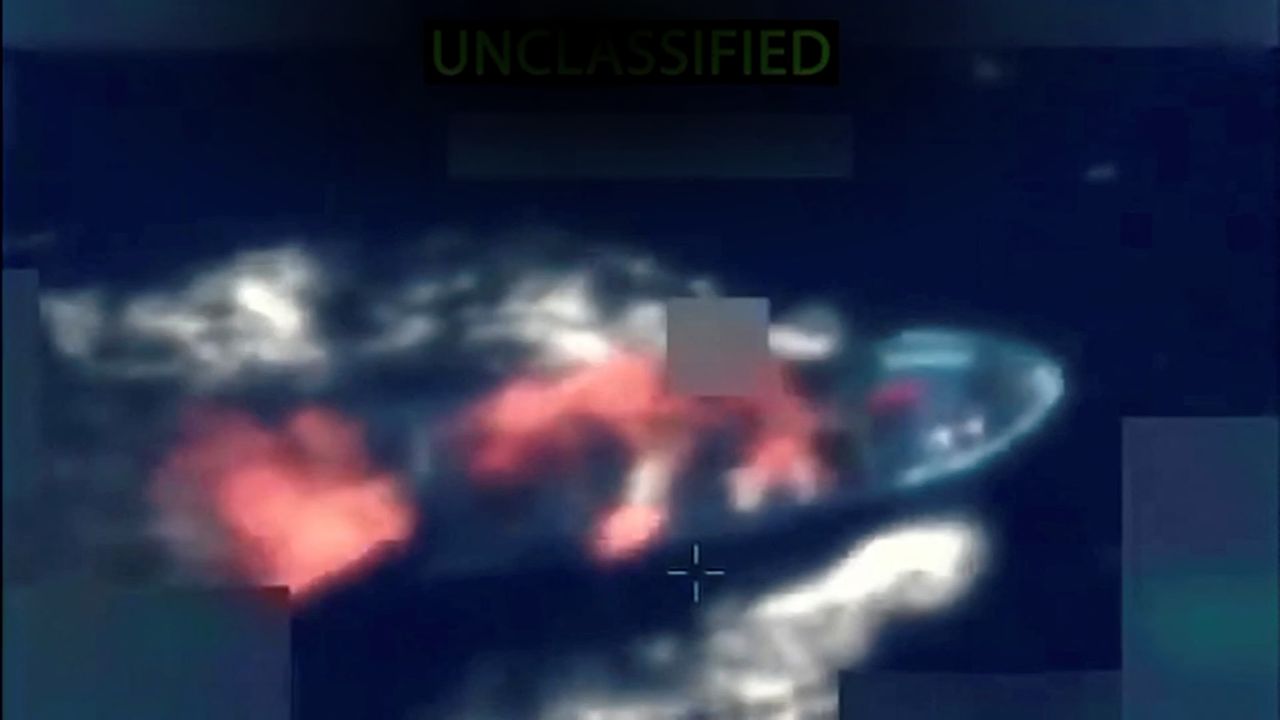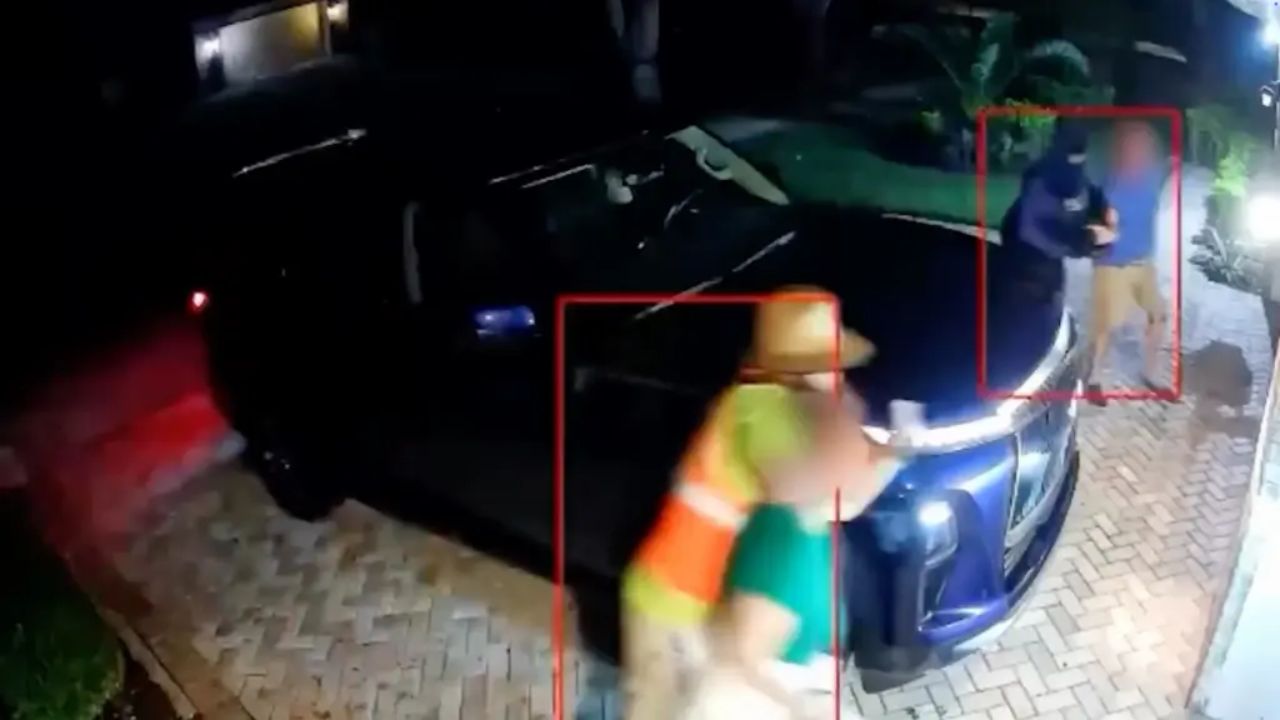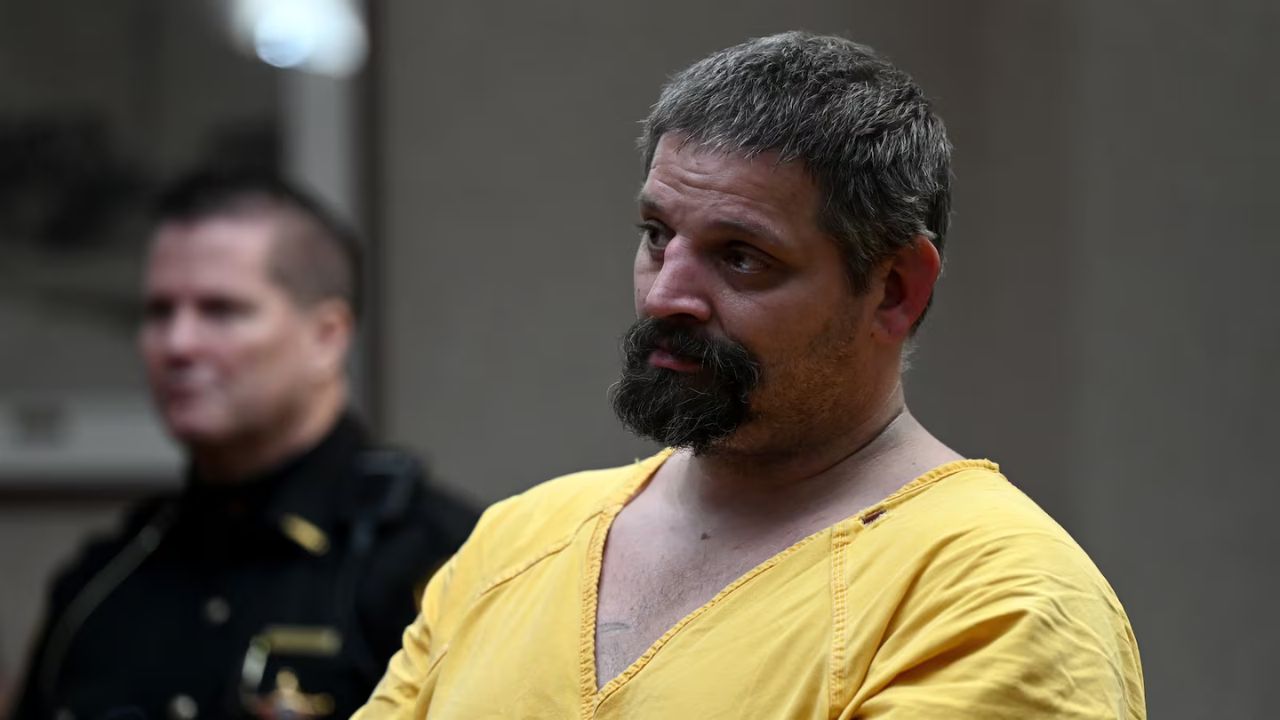Washington, D.C. – A series of U.S. military strikes in the eastern Pacific killed 14 alleged drug traffickers and left one survivor, officials confirmed Tuesday. The operation marks the latest escalation in President Donald Trump’s counter-drug campaign, which has seen growing U.S. military involvement in the Caribbean and Pacific regions.
The Incident: U.S. Strikes Target Suspected Drug Vessels
According to Defense Secretary Pete Hegseth, U.S. forces conducted three strikes on suspected drug vessels on Monday along known narco-trafficking routes in the eastern Pacific. The strikes destroyed four boats believed to be carrying narcotics and operated by suspected traffickers.
“The four vessels were known by our intelligence apparatus, transiting along known narco-trafficking routes, and carrying narcotics,” Hegseth said in a social media post, though no evidence or cargo details were provided.
A short video released by Hegseth appeared to show two vessels exploding in the water, followed by another detonation moments later. The Pentagon has not yet released additional footage or information regarding the operation’s precise location or the identities of those killed.
Investigation and International Involvement
Following the explosions, Mexican authorities took charge of the search-and-rescue efforts for the lone survivor. The Mexican Navy confirmed in a statement on X (formerly Twitter) that it was contacted by the U.S. Coast Guard and deployed both a naval aircraft and vessel approximately 400 miles southwest of Acapulco.
“We coordinated closely with U.S. authorities to locate and recover the surviving individual from the area,” the statement read.
Officials have not disclosed the survivor’s condition or nationality. The remains of those killed are still being identified.
The strikes come amid a series of similar U.S. operations in the Caribbean and Pacific since early September, which have reportedly targeted suspected drug routes connected to Venezuelan and Colombian networks.
Court Proceedings and Political Implications
While no legal proceedings have yet been initiated, the strikes have already drawn criticism from Democratic lawmakers and legal experts, who question whether the military actions adhere to international laws of war.
Critics argue that such operations should fall under the jurisdiction of the U.S. Coast Guard, which serves as the country’s primary maritime law enforcement agency, rather than the Pentagon.
“These strikes raise serious concerns about proportionality, accountability, and oversight,” said one Washington-based legal analyst. “There’s a lack of transparency about who authorized them and under what legal framework.”
The Pentagon has provided limited details regarding the drugs allegedly seized, the nationalities of the deceased, or the chain of command that approved the operation.
Reactions from Mexico and Venezuela
In a statement following the incident, Mexico’s Navy emphasized that its involvement was humanitarian in nature, focusing solely on rescuing survivors.
Meanwhile, Venezuelan President Nicolás Maduro accused Washington of using the anti-drug campaign as a pretext to destabilize the region. Maduro has long claimed that the U.S. is attempting to remove him from power, allegations that American officials deny.
The tensions have intensified since Washington doubled its $50 million reward in August for information leading to Maduro’s arrest, accusing him of ties to drug trafficking and organized crime, charges that Maduro has rejected.
Background Context: Growing U.S. Military Presence
The latest strikes coincide with a major U.S. military buildup in the Caribbean and Latin America, which includes guided-missile destroyers, F-35 fighter jets, and a nuclear-powered submarine. The USS Ford carrier strike group has also been ordered to the region and is expected to arrive in the coming weeks.
Since September, there have been at least 10 other strikes targeting suspected drug routes. In one earlier incident, two alleged traffickers survived a U.S. strike in the Caribbean and were later repatriated to Colombia and Ecuador after being rescued by U.S. forces.
The Pentagon has yet to clarify the number of ongoing missions or the total casualties resulting from the campaign.
Ongoing Developments and Next Steps
Officials from both the U.S. Defense Department and Mexico’s Navy continue to coordinate efforts in identifying the deceased and investigating the surviving suspect. No formal statement has been released regarding the quantity of drugs recovered or the nationality of the vessels.
The White House has not commented on whether future strikes are planned but confirmed that the counter-narcotics campaign will continue across international waters.
Conclusion
The deadly U.S. strikes underscore a dramatic escalation in Washington’s approach to combatting global narcotics trafficking, but they also raise questions about transparency, legality, and international cooperation. As regional governments react and investigations continue, the world watches to see whether these operations will reduce the drug flow—or further complicate diplomatic relations across the Americas.
What are your thoughts on these strikes and their global impact? Share your opinions in the comments below.




